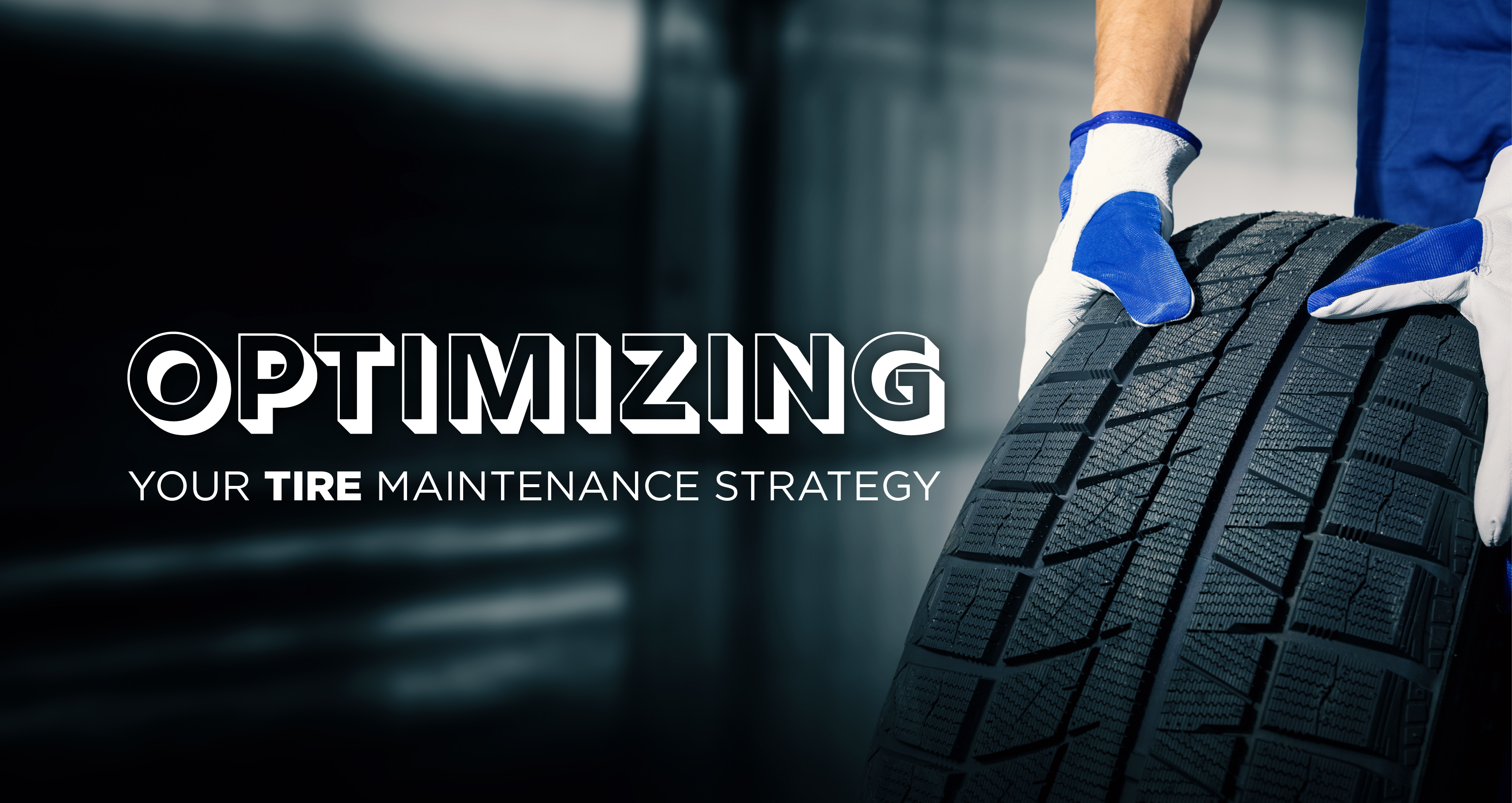Carriers must maintain high-quality tires across their fleet. Tires are a key part of your business. Making the right tire decisions can help move your business forward. Poorly maintained tires can lead to a host of fleet issues that can cost you a lot of unnecessary time and money. You need to remember that as you undertake effective tire maintenance strategies, they will become part of your long-term business strategy. Remember to communicate your tire strategy with your whole team; their understanding of your plan is critical for it to become part of their routine.
It starts with quality rubber
Buying quality tires makes tire maintenance much easier. It’s certainly easier to maintain a well-built product versus a cheaper one. The superior tires are worth the time and effort needed to maintain them, whereas the cheaper ones will likely not last as long no matter how much effort goes into extending their longevity.
The better tires may also come with a very helpful warranty. Savvy carriers buy high-quality tires right off the bat. Cheap off-brand tires, often from China, may seem appealing for a quick and cheap deal at a truck stop. However, in an industry where minutes matter, why not get the peace of mind that comes from quality?
Quality tires could be more of an investment. However, England Carrier Services (ECS) can connect you with national fleet pricing on big brands like Yokohama and Bridgestone. You can get the quality at a reduced cost.
Always rotate and inflate
The tires on the trucks in your fleet have to be monitored and managed. This is where carriers must be organized and keep track of their tire maintenance. They also have to make sure their drivers are on the same page with their tire maintenance strategy.
Standard practice is to rotate semi-truck tires every 6,000-8,000 miles. Tire rotation can prevent a host of issues, including wear. Tires can wear unevenly, and rotating them may help even out wear and allow them to last longer.
As you move your tires around, consider the vital maintenance practice of checking the tire PSI to ensure that the tires are properly inflated. Truck tires can handle several thousand pounds, but like everything else, they have limits.
Your fleet’s vehicle tires must be properly inflated. Proper tire inflation can improve handling, save on fuel money and prevent dangerous blowouts.
Again, working with the drivers is a big part of tire maintenance. They are out there, on the road, day after day, and must pay close attention to tire wear.
Finally, drivers should be wary of winter temperatures, as the cold weather may cause underinflated tires. It can waste lots of fuel and end up costing carriers more money.
Maintenance communication matters
The trucks in your fleet need sufficient tire tread. There’s no way around it, tread is critical. We mentioned inflation concerns previously, but letting tires drop to unsafe tread levels can also be a hazard.
Poor tread on the tires in your fleet can be a hazard for everyday driving, to say nothing of the trouble it may cause in wet conditions. The U.S. Department of transportation requires at least 2/32″ tread on semi-truck tires. Keeping a close eye on tire tread is important for the short and long-term safety of your drivers and longevity of your fleet.
It’s important to reiterate that carriers need to make sure they are on the same page with their drivers on tire tread. Drivers must be willing to report tire wear, especially on steering tires. Preventing blowouts and other tire issues saves a lot more time in the long run. It also helps prevent carriers from having to pay for very expensive emergency roadside repair services.
####
The England Carrier Services (ECS) division offers a variety of services for carriers ranging from maintenance to support. As ECS members, carriers have access to nationwide discounts on fuel and tires from dedicated team members who are committed to finding the best price. ECS also provides factoring services with benefits such as same-day funding to a bank account or fuel card. These options allow carriers the freedom to focus on growing their business while saving time and money.



